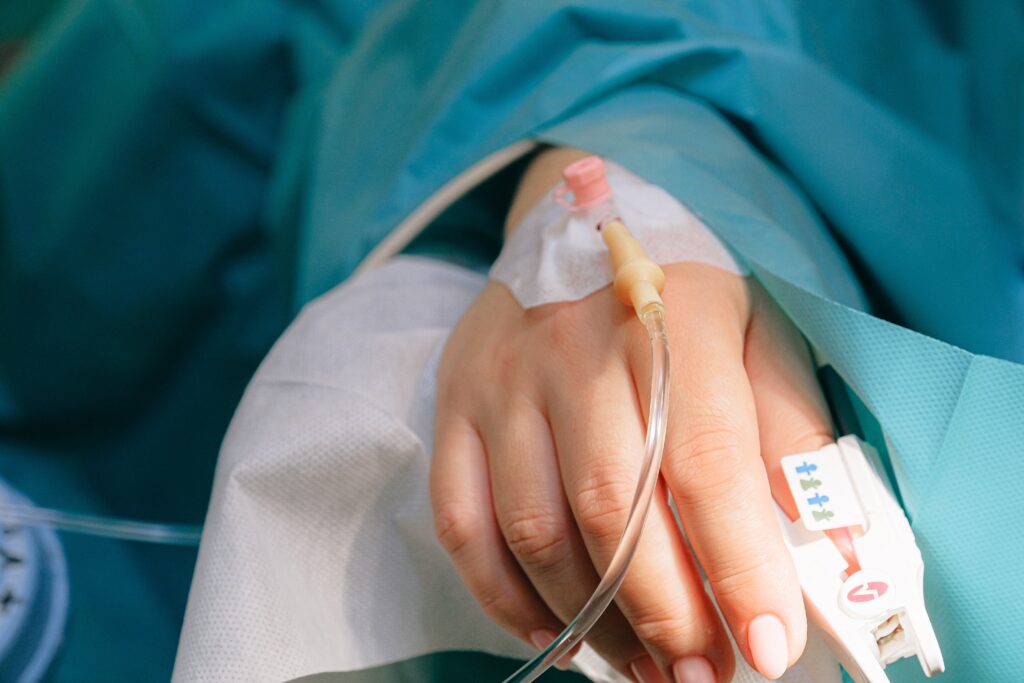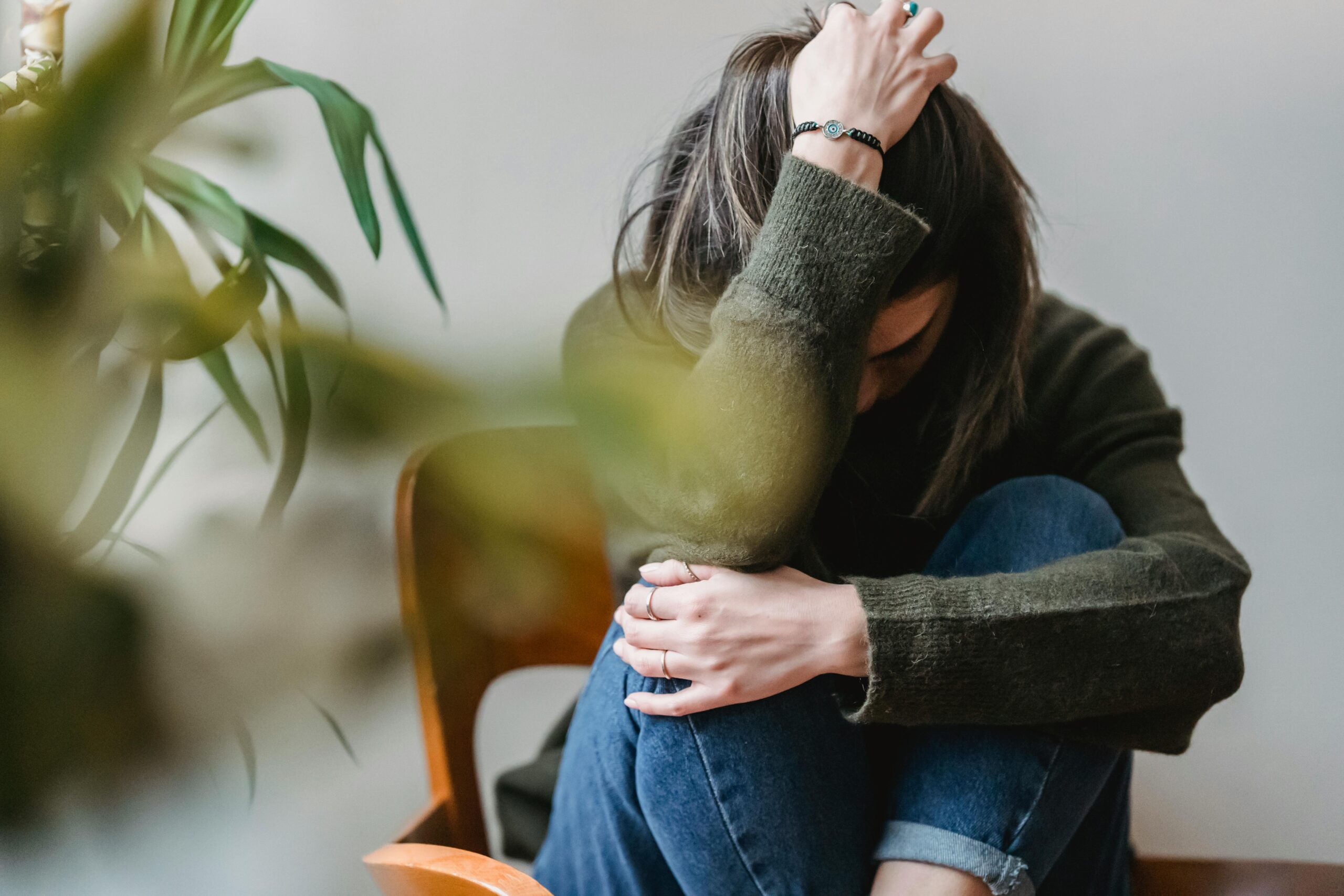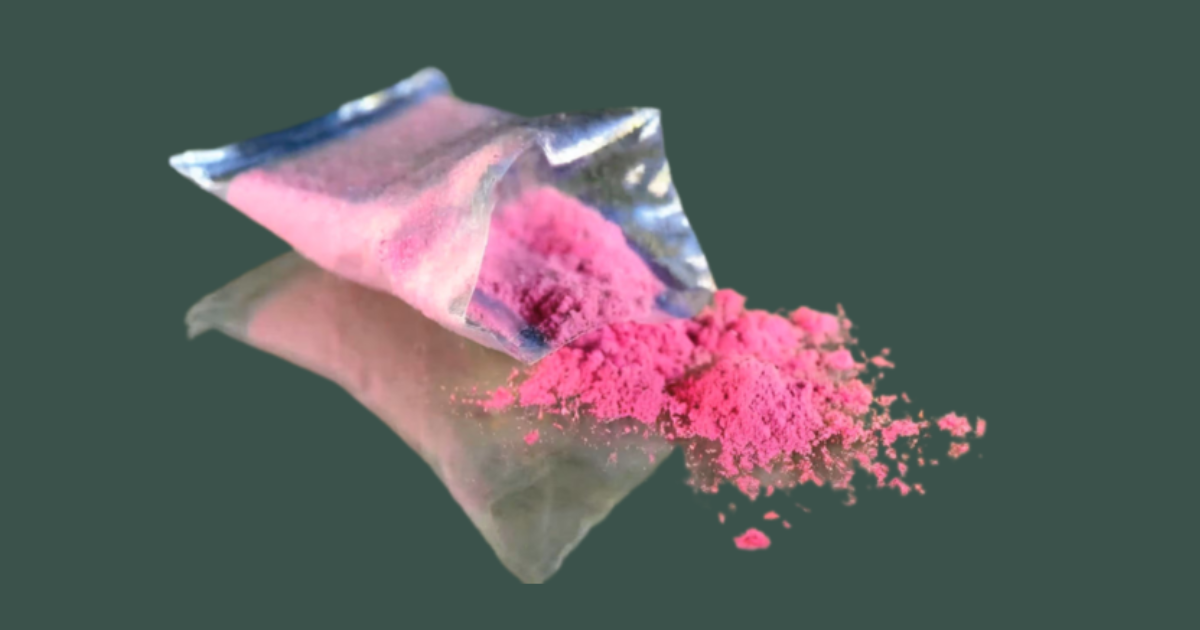Witnessing a loved one overdosing on a drug can be a painful and devastating experience. You might feel powerless to see someone like this, but getting them the right help they need is vital for their recovery.
A drug overdose is the consumption of a high amount of substance, including illegal, legal, over-the-counter, or prescription drugs. This could be intentional or accidental and can result in severely damaging the health of your loved one.
It is crucial to recognize the symptoms of a drug overdose so you know when and how to help someone with an overdose. Getting that individual immediate medical attention is integral as this could help in preventing a drug overdose comma or even death.
Understand the Signs and Symptoms of Drug Overdose
The first step to ensure you properly help a loved one with a drug overdose is understanding what a drug overdose looks like. Without learning the signs of the overuse of drugs, you won’t be able to know when they might need assistance.
There are a number of signs and symptoms of a drug overdose since every individual responds differently. It mostly depends on multiple factors, including their age, physical health, the substance they took, the amount of substance they consumed, and how they consumed it.
Some of the most common symptoms of drug overdose include:
- Agitation
- Balance problems
- Blue lips or fingernails
- Chest pain
- Clammy or pale face
- Confusion and drowsiness
- Co-ordination issues
- Diarrhea
- Difficulty breathing, erratic or shallow breathing, or not breathing
- Dizziness
- Erratic or slow pulse
- Gurgling or choking sounds
- Hallucination
- Limp body
- Paranoia
- Seizures (fitting)
- Severe abdominal cramps and stomach pain
- Snoring deeply
- Unconsciousness
- Unresponsive but awake
- Visual disturbances
- Vomiting and nausea
An accidental or intentional overdose might also occur due to over-medication. The signs include:
- Intoxicated behavior, slurred speech, mental confusion
- Low blood pressure
- Pinpoint pupils
- Shallow or slow breathing
- Slow heartbeat
- Unusual drowsiness or sleepiness
Respond Quickly
Once you identify the symptoms of a drug overdose, it is time to act quickly. No matter where they are and what the situation is, you must call the emergency services immediately. It is crucial to get them professional help even if you think they might get into trouble for using drugs.
First responders are medically trained to keep the individual with drug overdose alive. While waiting for them to arrive, you can administer naloxone if available. This is an emergency medication that helps in reversing opioid overdose symptoms. Make sure they breathe normally or help them breathe before administering the medication. However, only use naloxone if you are sure what your loved one is using.
Help Their Breathing
If you are unsure what substance your loved one has overdosed on, there are still ways to help them while you wait for the medical responders to arrive. During a drug overdose, there is a high chance the individual might be struggling to breathe.
You can help them to breathe by doing the following:
- Check to see if there is something in the throat or mouth of the person that might be blocking the airways. Remove the obstacle to ensure their airway is clear
- Put a hand on the chin of your loved one and tilt their head backward
- Close their nose by pinching it and put your mouth over theirs to create a seal
- Blow in two breaths. Make sure their chest is rising, not their stomach
- Follow the process by giving one breath per five seconds
Monitor Their Response
While you wait for help to arrive, make sure you continue to monitor their response. Are they conscious? Have they started breathing on their own? Are they talking? Have the symptoms subsided after administrating naloxone?
The response from naloxone would start within five minutes of administrating it. In the meantime, you can continue helping them breathe if needed. You would know it has worked when their breathing gradually goes back to normal, and they are experiencing minimal symptoms of withdrawal.
Make sure to inform the medical responders of every step you take to help your loved one so they can provide the best treatment based on their condition.
Get Professional Addiction Help for Your Loved One
After your loved one gets the immediate drug overdose treatment they need to get stable, it is time to assist them throughout the recovery process. Recovery from drug overdose requires multiple strategies and approaches based on the unique factors and circumstances of your loved one.
Drug addiction treatment may include:
- Psychotherapy: This is multiple individual therapy sessions that help the individual process and identify the root cause of additions, recognize the triggers, and find the best way to heal. This therapy also helps them modify their reactions to the triggers and stressors to prevent an overdose.
- Group Sessions: These support groups are a great way to get peer support in which people with the same issue share their problems and support positive behaviors while getting the right treatment.
- Medication: In some cases, the addiction therapist might prescribe medication to help manage mental health issues and other symptoms.
- Holistic Activities: Stress could become a major factor that can result in a relapse. Therefore, holistic activities and treatments, like breathing exercises, could help in stress management.
Wrapping Up
Watching a loved one overdose on drugs is challenging, but successful recovery is possible. Drug overdose can lead to severe problems, including coma, stroke, heart attack, seizures, and death when not treated properly and immediately. Be sure to avoid home remedies and provide accurate information to medical professionals.
While your loved one might have recovered from the overdose, there might be a chance of another overdose happening again. Therefore, get them the right help by consulting a drug overdose therapist. Consult a professional addiction specialist to help your loved one find healthy ways to cope and live a happy, healthy life without drug dependency.







